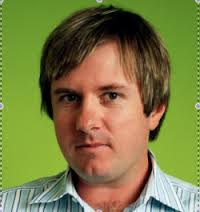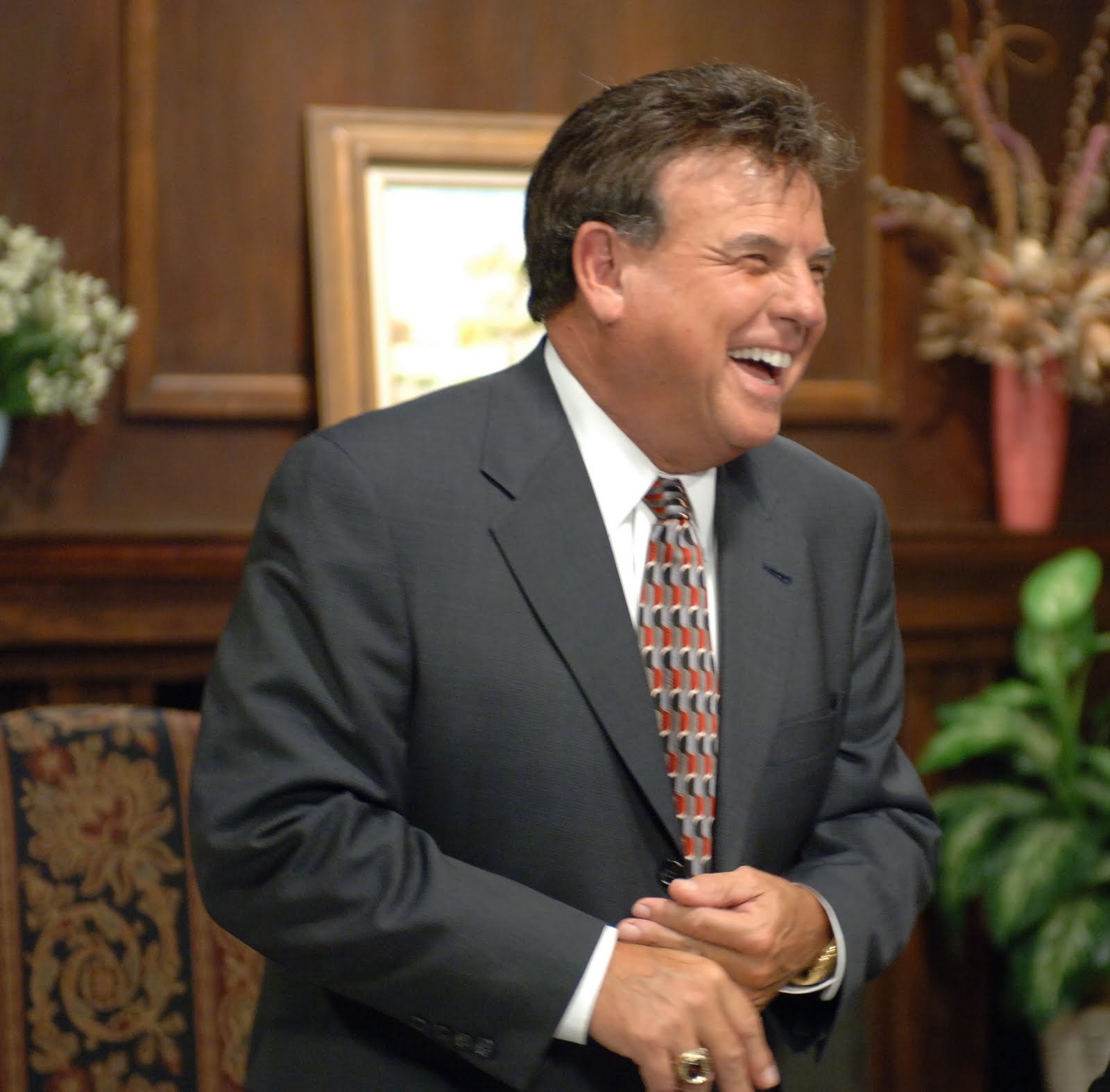Hallowed Ground
I’ve experienced that sensation twice in my life. The first time was in 2005 when I visited Ground Zero in New York City. The site where the Twin Towers had come down was in full excavation mode. Trucks and workers scurried all over the place and yet it was incredibly peaceful there. As office workers hustled by on their lunch break, their conversations became muted when they passed the site of the biggest terrorist attack on US soil. If you have visited the site you know that it is impossible to walk away unchanged.
My second experience with hallowed ground came last week in the Simi Valley of California. The lovely Donna and I got a chance to visit the Ronald Reagan Presidential Library. It is appropriate that it was the first Presidential Library either one of us had ever visited, as Ronald Reagan was the first President I ever voted for. He didn’t need my vote in 1984. He won reelection in a landslide. As a bit of a history buff, I have never thought of my formative years as being part of history. But as we walked through the exhibits, I was amazed at where the world was in the early 1980s and where we are now. Perhaps some other day I will take some time to compare and contrast the world as it was then to where we are now. Today I want to tell you six important leadership lessons I learned in one sacred afternoon.
6 Leadership Lessons From The Reagan Presidential Library
- Overnight success takes a long time. – In 1964 Ronald Reagan gave “The Speech.” The speech I’m referring to was a campaign speech in support of Barry Goldwater’s presidential campaign. “The Speech” was so successful that the Republican Party of California came hard after Reagan to run for Governor. Reagan was elected twice to that position. His tenure as Governor set him up as a serious public servant and not just an actor. The reality is that “The Speech” was something that Reagan had been working on for several years. In his role as the host of General Electric Theater, he spent 16 weeks a year touring GE plants. He met the line workers and delivered messages of hope and inspiration. Much of what he said that night in 1964 was material that he knew resonated with working Americans.
- A supportive spouse/partner is critical. – The love that Nancy Davis and Ronald Reagan shared was breathtaking. As I wandered around the exhibits there were numerous love letters and telegrams on display. President Reagan was a hopeless romantic. He wasn’t afraid to show the great love of his life how much she meant to him. In return, Nancy was a very practical, shrewd woman. She protected her husband and really complimented his weaknesses. Together they were an unstoppable force of nature. But I get the feeling they would have been just as happy if they had been average working Americans. As long as they were together. I need to let my wife know more frequently how important she is to me and how lucky I am to have her in my corner.
- Failure is an option. – Even though Ronald Reagan won his first bid for Governor, his road to the White House wasn’t nearly as easy. He lost his run for the presidential nomination in both 1972 and 1976 before finally defeating Jimmy Carter in the general election in 1980. Many times when we see someone at the pinnacle of their career we just see the success. We don’t see the crushing defeats, the challenges faced, the sleepless nights worrying about paying the bills.
- Take Responsibility When You Screw Up. – I vividly remember the Iran-Contra affair and the scandal that surrounded it in 1986-1987. As a young man, I was fascinated by Oliver North and the daily allegations that were flying everywhere. I’m not sure the truth of what President Reagan knew, and when he knew it, will ever come out. But I do remember watching him address the public on March 4, 1987. I remember being incredibly proud of voting for him back then and when I watched that address again last week, I had goosebumps. The part that was incredibly moving to me was the paragraph below. President Reagan was talking about the Tower Commission Report that had just been released earlier that day.
- “I’ve studied the Board’s report. Its findings are honest, convincing, and highly critical; and I accept them. And tonight I want to share with you my thoughts on these findings and report to you on the actions I’m taking to implement the Board’s recommendations. First, let me say I take full responsibility for my own actions and for those of my administration. As angry as I may be about activities undertaken without my knowledge, I am still accountable for those activities. As disappointed as I may be in some who served me, I’m still the one who must answer to the American people for this behavior. And as personally distasteful as I find secret bank accounts and diverted funds—well, as the Navy would say, this happened on my watch.”
- The Ronald Reagan Presidential Library was put together under President Reagan’s watchful eye. One of the great parts of being the victor is that you get to write the history books. He could have easily left the whole Iran-Contra affair out of the library. But unlike modern national leaders, he chose to include it. To take responsibility for it all over again. It shows his incredible character. A full transcript of the address can be found here.
- Have a sense of humor. – The world is a dangerous, scary place. Even in the midst of the worst days, President Reagan had a quick mind and a very funny sense of humor. When he was wheeled into the operating room after being shot by John Hinckley, Jr., he said to the surgeons and staff, “I hope you’re all Republican.” Later when talking to Nancy in the recovery room he said, “Honey, I forgot to duck.” It is clear that he took his job very seriously and was a formidable opponent that was very driven. But he also understood how to use humor to bring humanity into the situation. He used humor to put people at ease quickly so that they would really listen. There is a reason he was nicknamed “The Great Communicator.” Humor helped.
- Leaders are dealers in hope. – Napoleon has been credited with saying that first. Perhaps no modern leader has lived that sentiment to the level that President Reagan did. Reagan ran for president at a time that America was reeling and feeling overwhelmed by financial crises. Gas was being rationed. Runaway inflation and interest rates were strangling the American dream. To make matter worse we were the laughing stock of Middle Eastern terrorist regimes. In the midst of all this turmoil, Ronald Reagan looked America in the eye and said, “America’s best days are still to come.” This message stirred the American public to action and allowed him to defeat Jimmy Carter in the worst landslide ever faced by an incumbent president. Eight years later when Reagan left the presidency he said, “Whatever else history may say about me when I’m gone, I hope it will record that I appealed to your best hopes, not your worst fears; to your confidence rather than your doubts. My dream is that you will travel the road ahead with liberty’s lamp guiding your steps and opportunity’s arm steadying your way.”
I wish that for America now. We need leaders to step up in every arena. Perhaps it is your turn to lead. If so, take a journey to 40 Presidential Drive, Simi Valley, California. I promise you will learn what true leadership looks like. Just remember to be respectful. You are standing on hallowed ground.













